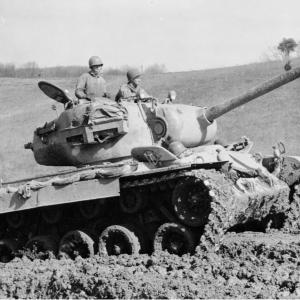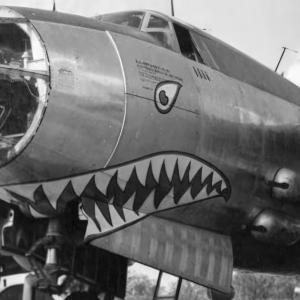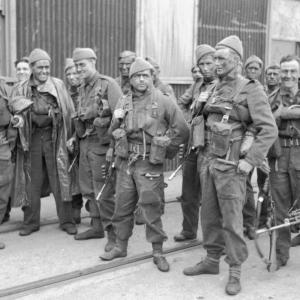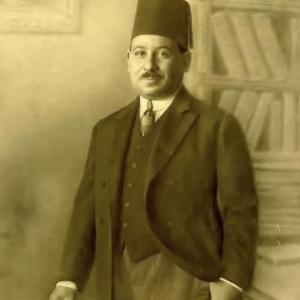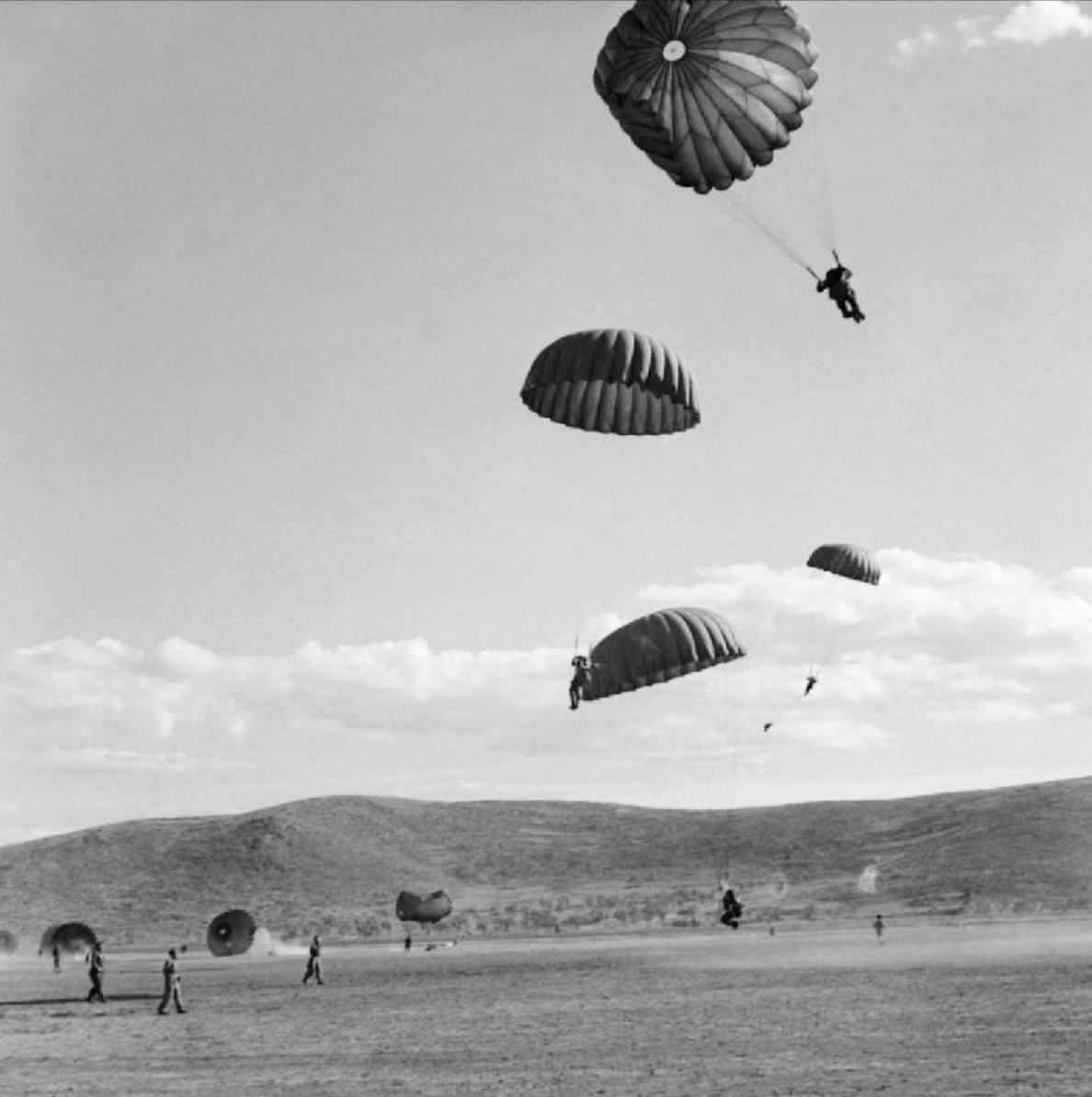
Operation Manna
On the night of 12 October 1944, a British airborne operation signaled a decisive moment in the liberation of Greece. Code-named Operation Manna, the mission saw elements of the British 2nd Independent Parachute Brigade dropped by aircraft onto Megara airfield, about 28 miles west of Athens. Their parachute insertion into Greece set in motion a broader plan combining air, sea, and land forces to wrest control of key Greek cities from the retreating Germans and to stabilise the country in the fragile political vacuum left behind.
The brigade was under the command of Brigadier Charles Hilary Vaughan Pritchard, who had led it since September 1943. The plan called for a small advance force—essentially a pathfinder or assault company drawn from the 4th Parachute Battalion—to seize and secure the airfield so that the rest of the brigade could follow in strength. That initial drop was conducted in difficult weather, and casualties were incurred as men landed in high winds.
Because of the adverse weather on 12 October, the remainder of the brigade (except for the 5th Parachute Battalion) could not parachute immediately. They followed, with most arriving by air on 14 October, and with the 5th Battalion and glider-borne elements arriving on 16 October. Once on the ground, the 4th and 6th Parachute Battalions pressed toward Athens.
The objectives of Operation Manna were multifold. First, the Allies wished to impede and harass the retreating German forces, denying them freedom of manoeuvre and accelerating their withdrawal northwards. Second, control of Athens and its environs was crucial: the British and Greek Government-in-exile aimed to reassert authority in Greece swiftly, forestalling the possibility that domestic resistance groups—especially the communist-led ELAS (the Greek People’s Liberation Army)—might seize power in the political vacuum. Third, the operation sought to stabilise the political and civil order, maintain law and order in liberated areas, provide humanitarian relief to the population, and facilitate the return of the Greek government to Athens.
Once the parachute landings succeeded in securing the airfield, the British 23rd Armoured Brigade (operating in an infantry role) was brought in to reinforce and support operations in and around Athens. The combined forces moved quickly to stabilise the city, guard key points, and deal with pockets of German resistance and local unrest.
Estimating exactly how many paratroopers took part in the initial drop on 12 October is difficult. The assault was conducted by a company of the 4th Parachute Battalion, possibly “C Company.” The full 2nd Independent Parachute Brigade comprised three parachute battalions (the 4th, 5th, and 6th), support elements, medical units, engineers, signals, and supply sections. In total, over the first week of Operation Manna, more than 1,100 officers and men were delivered into Greece by air, along with jeeps, trailers, and other equipment. This figure includes subsequent waves and reinforcements, not just the 12 October drop.
After landing, the brigade had to confront not only German rearguard actions but also mounting friction with Greek partisan groups. In Athens, political tensions erupted into street fighting between ELAS and forces supporting the royalist Greek government. The British parachute troops, now acting as an occupying and stabilising force, found themselves policing a city caught between factions. In the weeks that followed, fighting escalated. During one intense day of clashes, the brigade reportedly killed 170 rebels, wounded 70, and captured 520, all while distributing food to approximately 20,000 civilians each day.
In parallel with ground operations, naval and air components supported the mission. The British and Free Greek navies transported troops and the Greek government itself to Athens, while air forces attacked German positions and supply lines, and supported the airborne landings. As the Germans evacuated most of mainland Greece and the islands, the Allies worked to deny German retreat routes by sea and intervene in the Aegean theatre.
By mid to late October, the bulk of Operation Manna’s objectives had been realised. Athens was under Allied control, the Greek government in exile was reestablished in the capital, and German forces were being pushed out. But the struggle in Greece was far from over; the seeds of civil war had already sprouted, and the 2nd Independent Parachute Brigade remained deeply embroiled in internal security operations until January 1945.
Thus, the leap on 12 October 1944 was the opening move of a complex and politically charged campaign. It combined airborne audacity, ground reinforcement, naval mobility, and political calculation—all aimed at liberating Greece, reasserting authority, and steering the country through one of its most unstable transitional moments.

